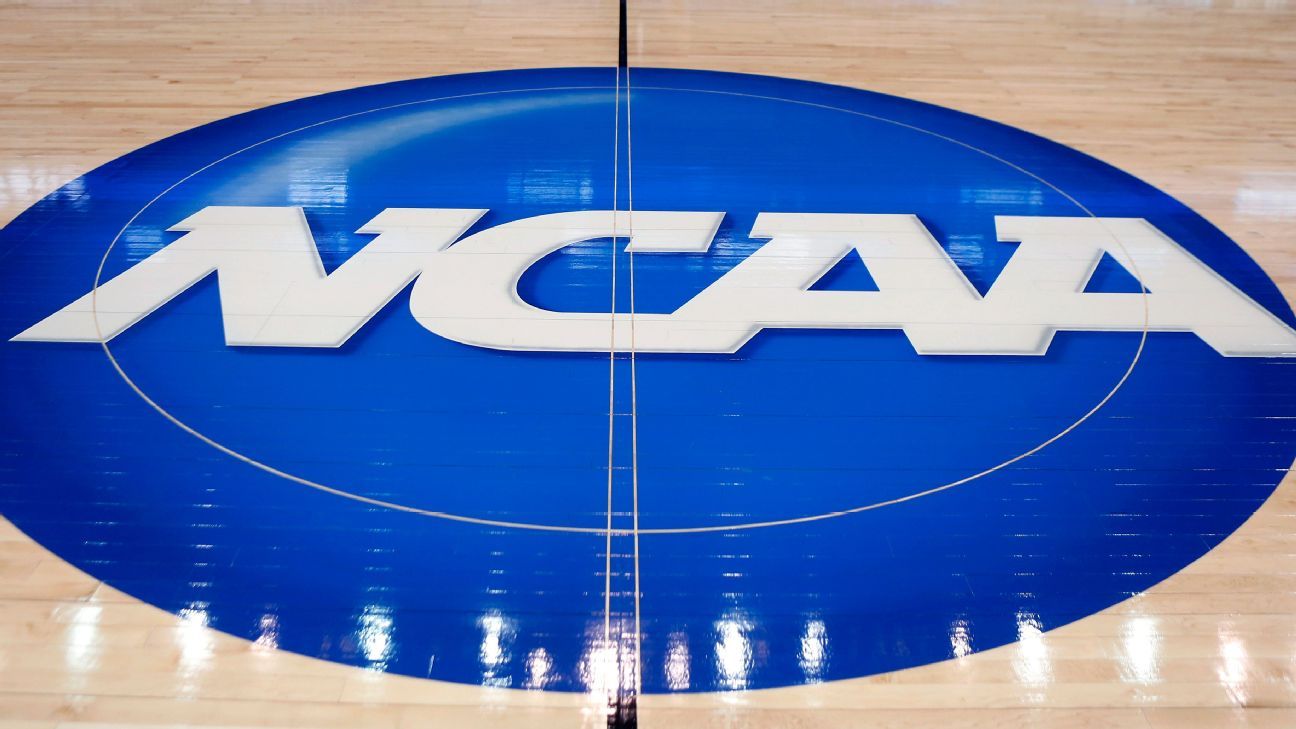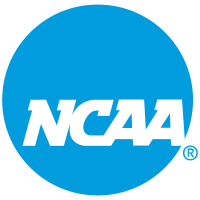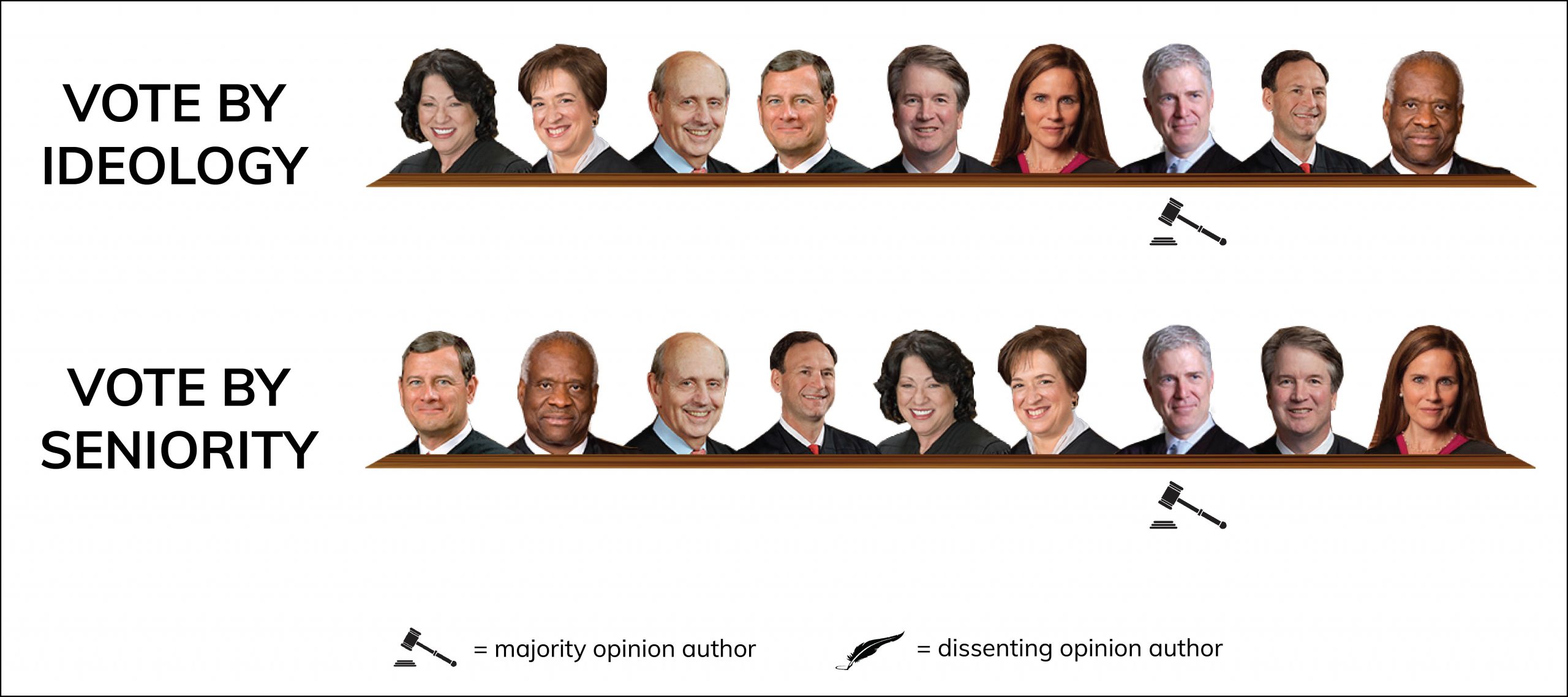Ignatius L Hoops
Well-known member
- Joined
- Sep 9, 2015
- Messages
- 10,805
- Reaction score
- 3,626
- Points
- 113

Ruling upheld: NCAA can't limit school expenses
A federal appeals court upheld a ruling Monday that will allow colleges to pay for any education-related expenses for student-athletes in the future.
A federal appeals court upheld a ruling Monday that will allow colleges to pay for any education-related expenses for student-athletes in the future.
Judge Claudia Wilken decided in March 2019 that the NCAA rules that limit what athletes can receive from their schools violated antitrust law. Wilken limited her ruling to include only benefits related to education, such as covering the costs of "computers, science equipment, musical instruments" and other similar items. She wrote that the NCAA's unique business model justified some limits.
The NCAA appealed her decision by arguing that its current rules, which allow schools to offer athletes only a scholarship and additional cost-of-attendance stipend, were allowed under federal law. Monday's ruling against the NCAA from the appeals court marks another significant step in the ongoing debate about fair compensation for college athletes.
"We hoped for a different legal conclusion by the Ninth Circuit," NCAA chief legal officer Donald Remy said in a statement. "...We will continue to review the opinion and determine our next steps."
This particular legal battle began in 2014 when former West Virginia running back Shawne Alston filed a lawsuit against the NCAA. Alston and his attorneys argued that NCAA rules that place any limit on compensation that schools could offer to athletes violated antitrust law




